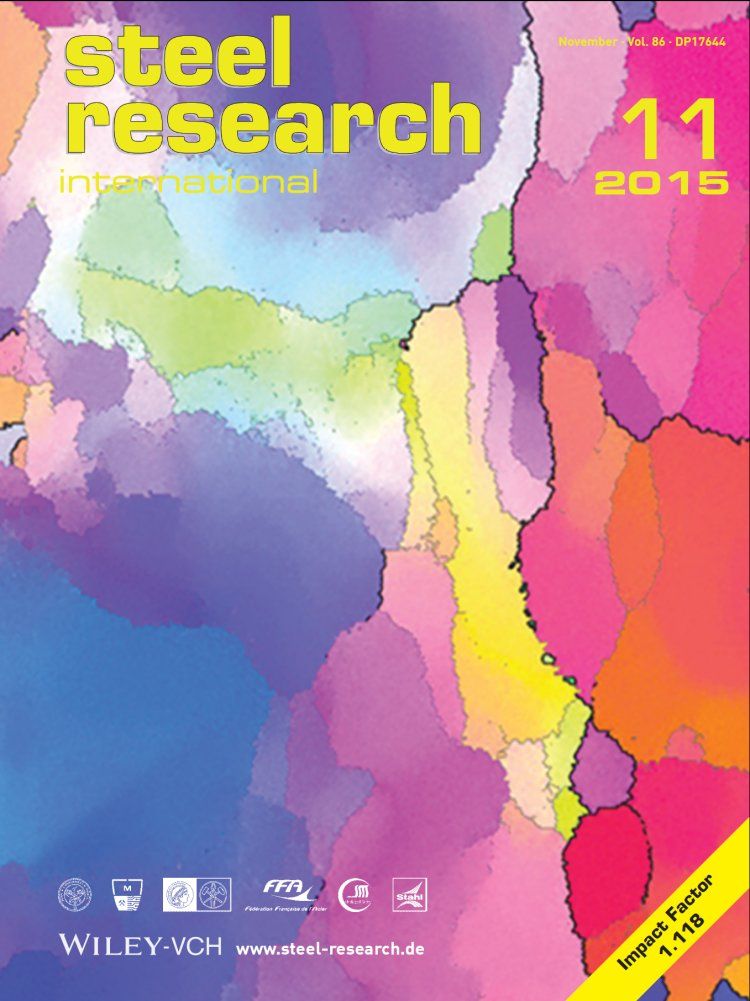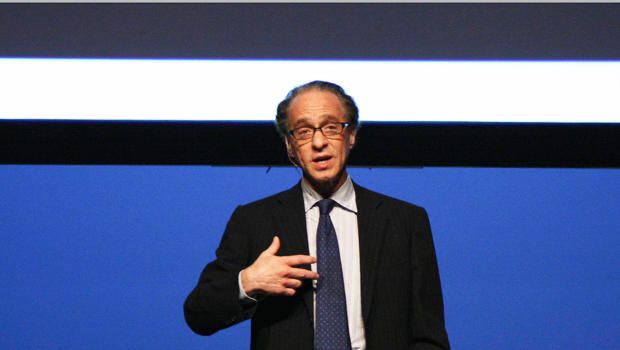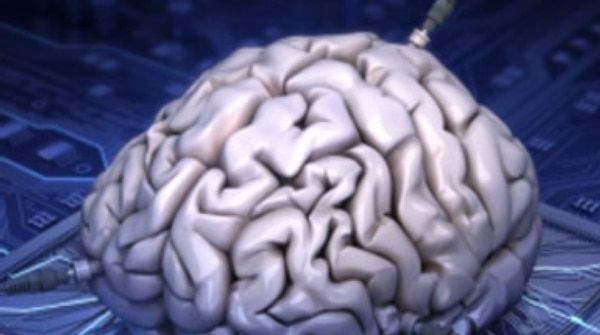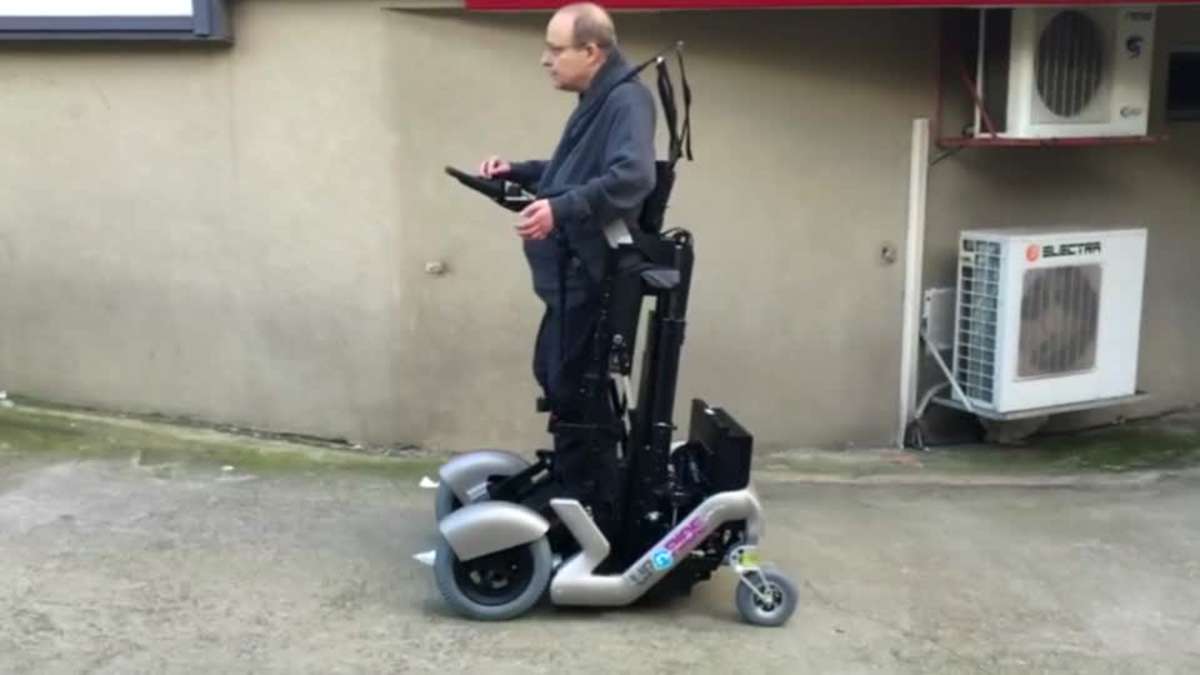Page 10867
Mechanically stacked two-dimensional Van-der-Waals heterostructures have been engineered to devise Terahertz frequency nano-detectors by using a flake of black phosphorus (BP) trapped between two layers of hexagonal boron nitride (hBN).
An international collaboration between researchers from Italy, USA, France and Poland brought together the benefits of heterostructure architecture and the potential of 2D layered nanomaterials to build THz photon sensors that operate over the 0.3−0.65 THz range, at low temperatures, with excellent signal to noise ratio values. They accomplished this by reassembling the thin isolated atomic planes of hexagonal borum nitride (hBN) with a few layer phosphorene (black phosphorus (BP)) in mechanically stacked hBN/BP/hBN heterostructures.
Artificial semiconductor heterostructures have an important role in modern electronic and photonic technologies, due to their effectiveness for manipulation and control of carriers from the visible to the THz range. Even though they are incredibly versatile, they usually require challenging production procedures due to the need of clean and abrupt interfaces. These characteristics are a major challenge for having high-efficiency devices at room temperature like source, detectors or modulators, especially in the far-infrared. With the emergence of two-dimensional (2D) layered materials, like graphene and phosphorene, as reliable, flexible and versatile alternatives for detectors operating at THz with low signal to noise ratio, this challenge was finally overcome.
Sep 13, 2016
Quantum Entanglement & Space Travel
Posted by Karen Hurst in categories: particle physics, quantum physics, space travel
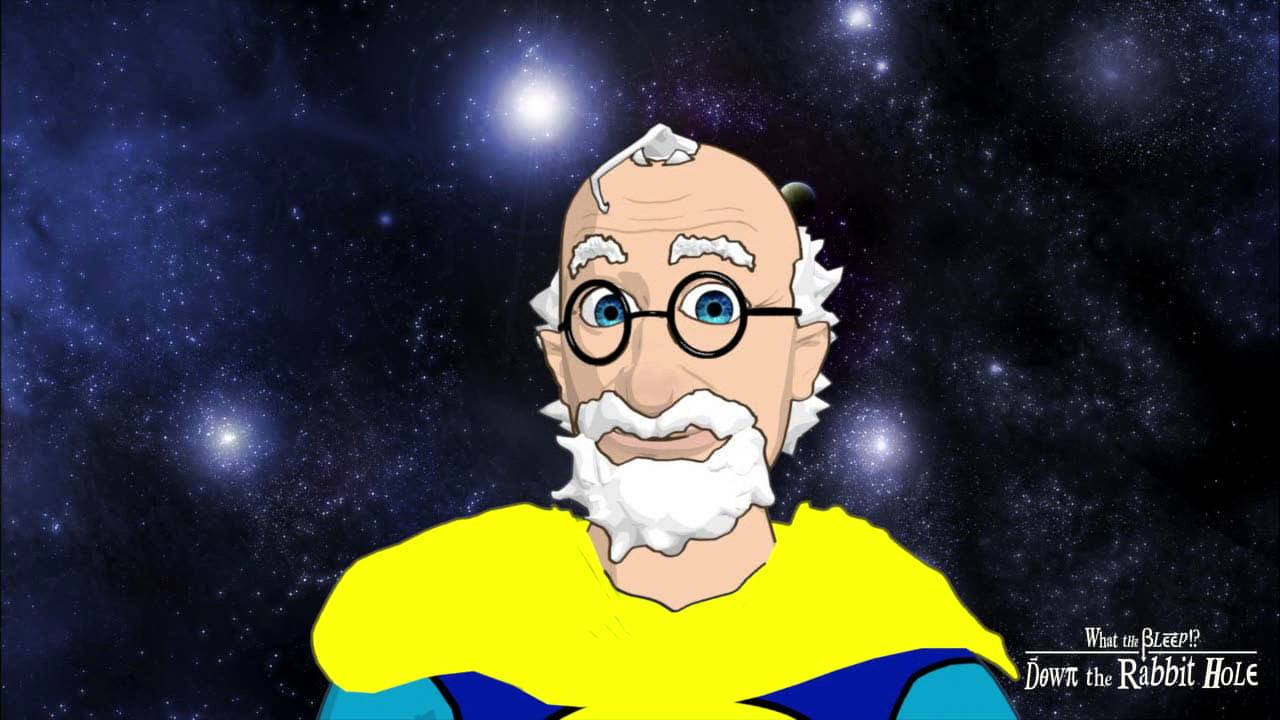
Now, if we could just get the US to launch our own Quantum Satellite in space.
Recent research has taken quantum entanglement out of the theoretical realm of physics, and placed into the one of verified phenomena. An experiment devised by the Griffith University’s Centre for Quantum Dynamics, led by Professor Howard Wiseman and his team of researchers at the university of Tokyo, recently published a paper in the journal Nature Communications confirming what Einstein did not believe to be real: the non-local collapse of a particle’s wave function. (source)(source), and this is just one example of many.
Sep 13, 2016
Aubrey de Grey and Matthew O’Connor of the SENS Research Foundation Answer Questions on Mitochondrial Research at /r/futurology
Posted by Steve Hill in categories: biotech/medical, life extension
A good summary article about the MitoSENS AMA on Reddit Futurology yesterday.
Aubrey de Grey, who should need little introduction here, is cofounder of the SENS Research Foundation, while Matthew O’Connor leads the foundation’s in-house research efforts. O’Connor’s focus is on the allotopic expression of mitochondrial genes, the complicated form of gene therapy needed to copy versions of these genes from the vulnerable mitochondrial genome into the much more secure nuclear genome, but altered in such a way that the resulting proteins can find their way back to the mitochondria where they are needed. Earlier today de Grey and O’Connor stopped by /r/futurology at Reddit to answer questions on this and other SENS rejuvenation research initiatives. One of the many benefits brought by this modern age of near zero cost communication is the way in which the barrier between researchers, supporters, and the public at large has faded to the point of non-existence. Any interested party can in a few minutes find out who is working in any specific areas of interest and reach out with questions or offers of support. Any researcher can find out where the interested parties congregate to talk about their research and join in. That was science fiction just a few decades ago. The world moves at a fast pace.
Once allotopic expression of the thirteen crucial mitochondrial genes involved in oxidative phosphorylation is realized, undergoing this gene therapy will ensure that the accumulation of mitochondrial DNA damage that occurs over the years no longer contributes to degenerative aging as it does today. It will be an actual, working narrowly focused rejuvenation therapy. As an incidental benefit, this technology will also provide cures for a range of inherited mitochondrial diseases. This work has been underway both at the SENS Research Foundation and in allied labs for some years now, and the biotech company Gensight has been founded on success in allotopic expression of the gene ND4. The SENS Research Foundation in-house team recently achieved success for the mitochondrial genes ATP6 and ATP8, and had a paper accepted by a noted journal, which all in all is a great step forward in a field that has proven to be quite challenging.
SRF Summer scholar cited in nature article about the high costs of drug development and how we can reduce them.
In a pioneering move, the compound JQ1 was released to the community for free. The impact that this has had on research and development is slowly coming into focus.
Sep 13, 2016
Google’s Ray Kurzweil: The Business Of Extending Human Life Is Going Into “High Gear”
Posted by Elmar Arunov in categories: biotech/medical, business, Ray Kurzweil
Sep 13, 2016
The Coming Merging of Mind and Machine
Posted by Elmar Arunov in categories: futurism, Ray Kurzweil
The accelerating pace of technological progress means that our intelligent creations will soon eclipse us—and that their creations will eventually eclipse them.
Sep 12, 2016
South China Sea War: Russia Deploys Udaloy-class Destroyers, Ropucha-class Landing Ships
Posted by Karen Hurst in category: military
Very concerning.
The China-Russia relationship is a common knowledge among nations, even in the highly contested maritime zone of South China Sea.
Recently, Russia deployed Udaloy-class destroyers and Ropucha-class landing ships to intensify its presence in the contested waters. This is part of the joint military drills between the two major allies dubbed as the Joint Sea 2016.
Sep 12, 2016
Stand-up wheelchair gives users outdoor mobility
Posted by Karen Hurst in categories: biotech/medical, cyborgs, robotics/AI, transportation
Self-stabilising wheelchair from Israeli technology start-up lets you cruise through town while standing. Matthew Stock reports.
Nearly 20 years ago Amit Goffer suffered an accident that confined him to a wheelchair. Increasingly dissatisfied with what was on offer, the electrical engineer built this — the UPnRIDE. It’s a robotic exoskeleton that helps people paralysed from the waist down to stand tall in the outside world. (SOUNDBITE) (English) CHIEF TECHNICAL OFFICER AND FOUNDER OF UPNRIDE, DOCTOR AMIT GOFFER SAYING: “The UPnRIDE device, the whole idea is that you can use it outdoors as well as indoors and in a safe manner because they, it automatically balances you and stablizes you… The concept is new because you don’t see any disabled person rolling outside in a standing position so this is a breakthrough in the industry of wheelchair manufacturing, I’m sure that others will follow.” It goes from seated to standing at the push of a button. A gyroscope — similar to that in a two-wheeled Segway — along with self-stabilising software helps manoeuvre upright over uneven urban terrain.
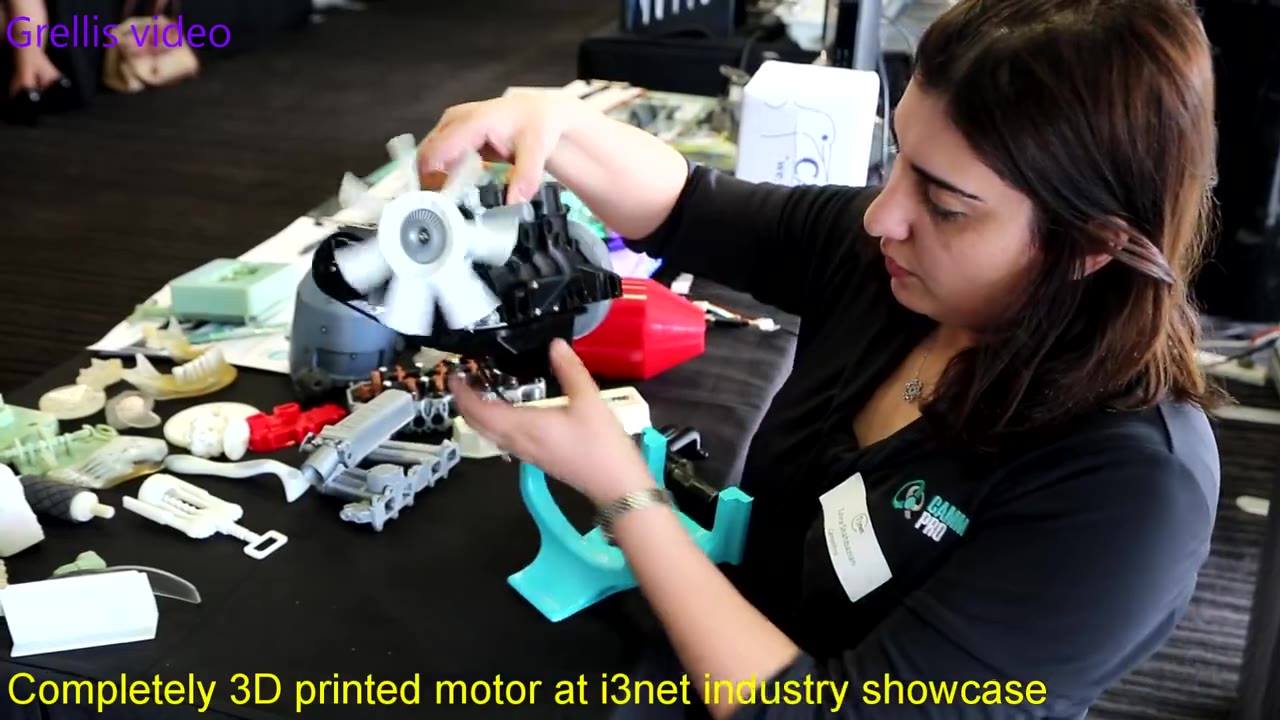
Saw this motor completely made with a 3D printer at i3net’s Wollongong Industry Showcase on Thursday. Story coming soon.

